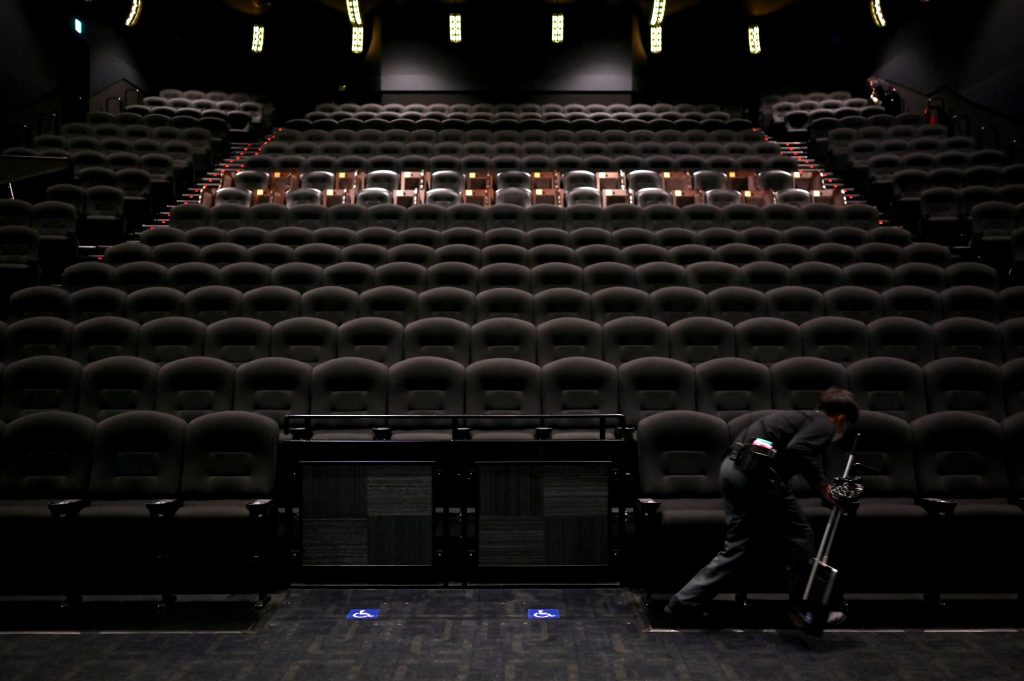
- ARAB NEWS
- 31 Jul 2025

TOKYO: An increasing number of theaters in Japan are screening the 1970 film “Sunflower,” a signature scene of which was shot in what is now Ukraine, being invaded by Russia.
They are running the movie, which depicts an Italian couple separated due to World War II, in response to the current Ukrainian situation. Part of the box office revenue will be used for humanitarian aid related to the Ukraine crisis.
In the famous scene, shot in the current Ukraine province of Kherson, some 500 kilometers south of the country’s capital of Kyiv, a local woman says in a sunflower field that the bodies of Italian and Russian prisoners of war are buried under sunflowers.
Yurie Ikeda, a 34-year-old sales personnel at Tokyo-based film distributor Unplugged Inc., said that television images of the Russian invasion of Ukraine reminded her of the scene. “I think the movie and what is happening now have very strong commonalities, such as people being divided by conflicts,” she said.
Three movie theaters decided to run the film soon after they were contacted by Ikeda. Unplugged was bombarded with inquiries from other theaters around Japan after a notice on the screening was posted on Twitter.
The currently screened Sunflower is a restored version created by Unplugged in 2020. Screen scratches and noise were reduced using the company’s cutting-edge technology. Some 90 theaters in Japan have so far decided to run the film.
Unplugged will donate part of revenues from the film to organizations including the Japanese Red Cross Society.
Takadasekaikan in the city of Joetsu, Niigata Prefecture, central Japan, was one of the theaters that were asked by Ikeda for the screening.
Its 34-year-old manager, Michinari Ueno, said he decided to run the film, hoping that it “will help people accept what is happening now and get interested in it.” The number of visitors to Takadasekaikan jumped five-fold after the screening of the movie started, according to Ueno.
“We can present past memories to the audience through the film,” Ueno said. “We want to continue showing what is happening around the world.”
JIJI Press